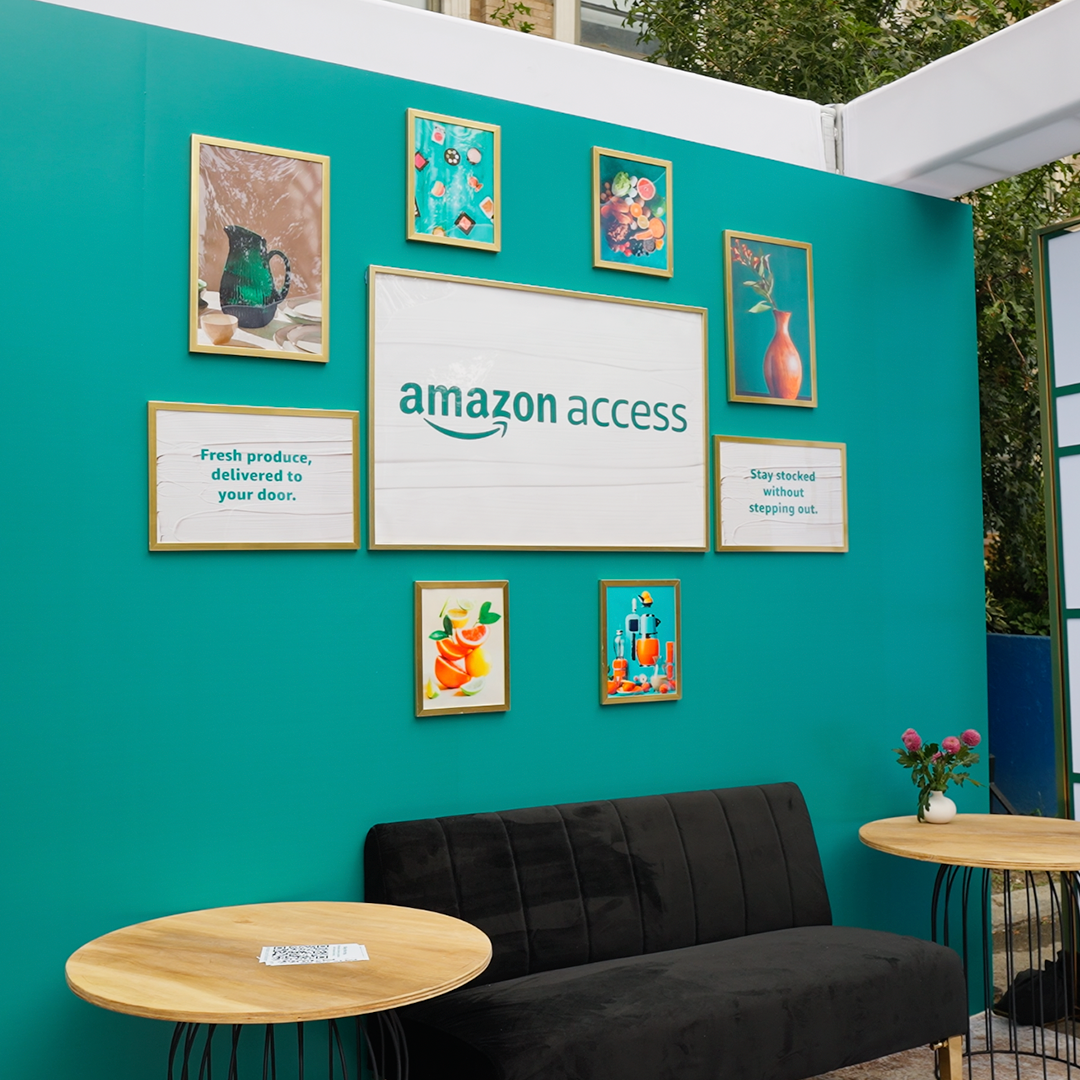Essential Post-Event Analysis Techniques for Event Planners
The Importance of Post-Event Analysis
Post-event analysis is critical in understanding the true impact of your corporate event. By diving into what went well and identifying areas for improvement, you gain valuable insights that inform future planning. This process helps pinpoint specific strategies and elements that resonated with attendees, as well as those that fell short. It also ensures alignment with your event's goals and objectives. Additionally, thorough analysis aids in justifying investments and optimizing future expenditures. Through meticulous examination, event planners can drive continuous improvement and elevate the quality of future events.
Gathering Attendee Feedback
Collecting attendee feedback is essential for honing your event management strategies. Utilize surveys and questionnaires to capture attendees' experiences and preferences. Anonymous surveys can encourage candid responses, while offering small incentives boosts participation rates. On-site interviews provide immediate and personal insights, capturing the raw emotions of the event experience. Follow up with post-event emails to both attendees and sponsors to gather reflective feedback once the event is over. This multi-faceted approach ensures you gather a rich variety of perspectives, providing a comprehensive view of your event’s impact.
Quantitative vs. Qualitative Data
Quantitative data offers hard metrics such as attendance numbers, engagement rates, and social media interactions. These figures help you measure the tangible impact of your event. Conversely, qualitative data provides a deeper understanding through attendee comments and suggestions. For example, while quantitative metrics may indicate high participation, qualitative feedback can uncover specific areas for enhancement, like better venue layout or more engaging activities. Both types of data are essential, as they complement each other to paint a fuller picture of your event’s success. Balancing these insights ensures you make well-rounded decisions for future events.
Innovative Feedback Collection Techniques
Leveraging new channels for gathering attendee insights can revolutionize your feedback collection process. Mobile apps, for instance, enable real-time feedback during the event, allowing for immediate adjustments and enhanced attendee engagement. Social media polls provide a quick and interactive way to capture attendees' opinions, while also boosting online engagement. At the venue, interactive kiosks can encourage on-the-spot feedback, offering attendees a convenient way to share their thoughts. Additionally, consider using QR codes that link to short surveys, easily accessible via smartphones. These innovative techniques ensure you capture a diverse array of attendee perspectives, enriching your understanding of their needs and preferences.
Calculating Return on Investment (ROI)
Assessing ROI for a corporate event starts with tallying all expenditures, from venue rental and catering to tech setups, to marketing efforts directly tied to turnout. Next, measure the tangible benefits: brand exposure, lead generation, and attendee satisfaction. Calculate key financial metrics such as cost per attendee and revenue generated. These numbers will give you a clear picture of your event's economic impact. Additionally, consider indirect benefits like long-term client relationships and enhanced brand reputation. A thorough ROI analysis not only justifies the investment but also highlights areas for cost optimization and greater efficiency in future events.
Using Data Analytics Tools
Data analytics tools are invaluable for tracking key performance indicators (KPIs) like social media engagement, website traffic, and post-event sales. Tools such as Google Analytics and specialized event management software offer detailed insights into these metrics. For instance, you can monitor attendee interactions on social media platforms, analyze the flow of website visitors, and track conversion rates from event-related campaigns. By dissecting this data, you can identify successful elements and pinpoint areas needing improvement. Real-time analytics dashboards help you stay updated, enabling prompt adjustments to enhance attendee experience and event outcomes. Utilizing these tools not only provides a comprehensive view of your event's impact but also equips you with actionable insights for future planning.
Communicating Findings to Stakeholders
Sharing the results of your post-event analysis with stakeholders is crucial for maintaining transparency and accountability. Create visual dashboards and summary reports to present key metrics and insights clearly. Highlight both achievements and areas needing improvement to ensure a balanced view of the event's performance. Tailor your communication to address the specific interests of different stakeholders, whether they’re focused on financial outcomes, attendee satisfaction, or brand impact. By presenting actionable insights, you facilitate informed decision-making and foster a collaborative approach to future event planning. Engaging stakeholders in the analysis process not only builds trust but also ensures that everyone is aligned on future goals and improvements.
Planning for Future Improvements
Leveraging insights from post-event analysis allows you to pinpoint specific areas for improvement. Look for recurring themes in feedback and data, and use these to set targeted, actionable goals. Consider adjustments like enhancing logistical efficiency or refining the content to better engage attendees. Regularly reviewing and updating your event planning processes based on real-world outcomes ensures continuous growth. Engage your team in brainstorming sessions to develop creative solutions and incorporate attendee suggestions. By consistently refining your approach, you can build on past successes and address any shortcomings, ultimately delivering more impactful and seamless corporate events.
How It All Comes Together
Effective post-event analysis is crucial for driving future event success. Combining quantitative and qualitative data offers a holistic view of your event’s performance. Analyzing attendance numbers, engagement rates, and attendee feedback helps identify what resonated and what requires improvement. Calculating ROI, considering both direct and indirect benefits, provides a clear understanding of your event's economic impact.
Utilize data analytics tools to monitor key performance indicators and gain actionable insights. Real-time dashboards allow for timely adjustments and a deeper comprehension of attendee behaviors. Communicating these findings transparently to stakeholders fosters accountability and ensures everyone is aligned on future goals.
Innovative feedback collection methods, such as mobile apps and social media polls, can enhance your understanding of attendee preferences. By leveraging these techniques, you can capture diverse perspectives, providing a richer, more comprehensive dataset.
Engage your team in brainstorming sessions to incorporate these insights into actionable strategies. Regularly updating your event planning processes based on real-world outcomes ensures continuous improvement. By consistently refining your approach, you can elevate the quality of future corporate events, delivering more impactful experiences that meet and exceed stakeholder expectations.










